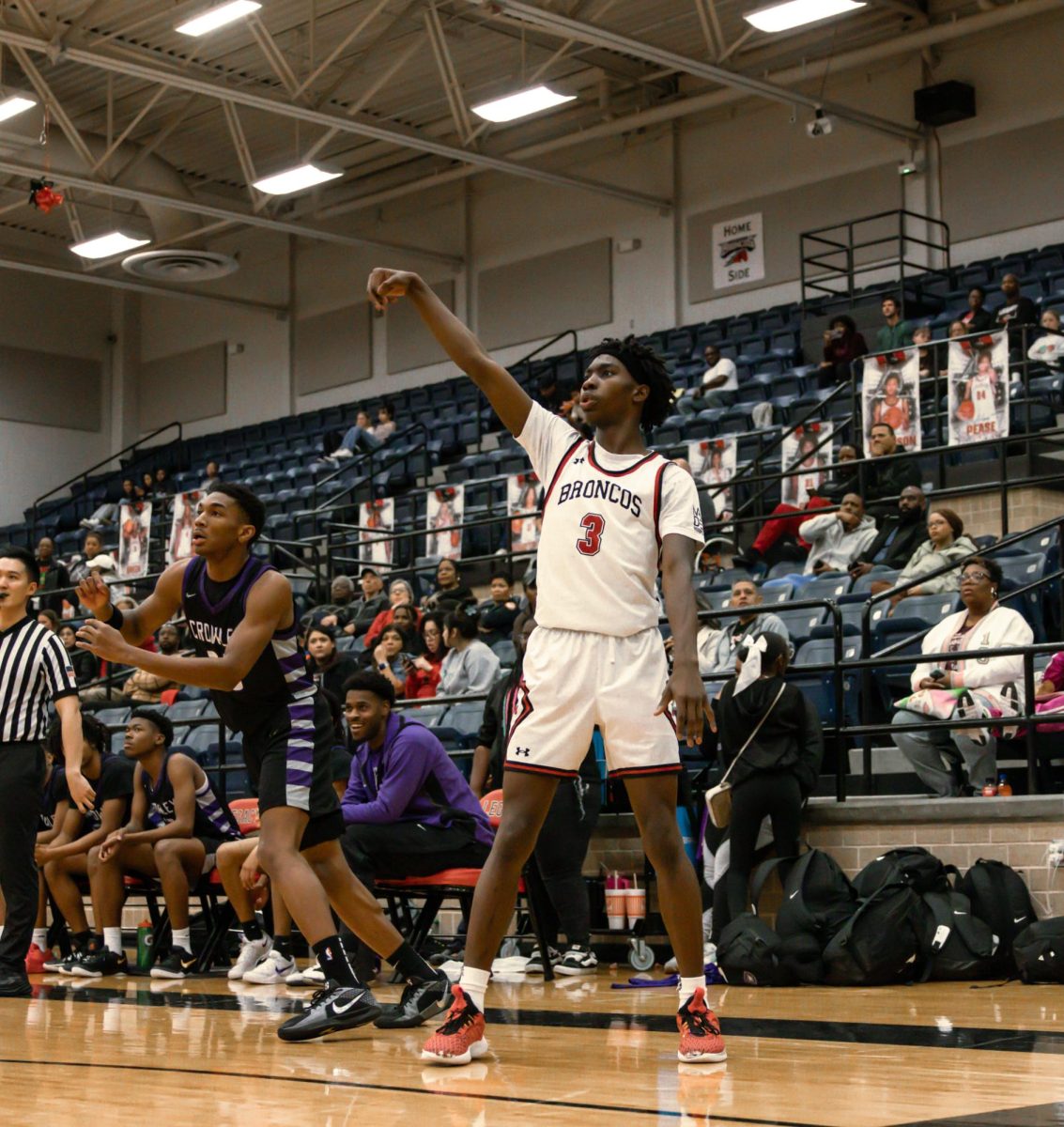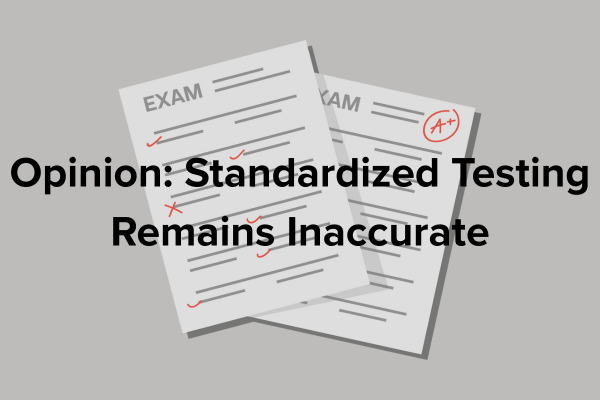Staring at the computer screen, sophomore John Swanson checks his facebook messages and statuses for any new updates. Internet websites and popular social networks have connected people worldwide behind faceless computer screens.
The creation of the Internet revolutionized the way people communicate, education in schools, the state of the economy and the spread of information. This massive network of information can be accessed from people all over the world. Internet usage has increased steadily, growing from approximately 361 million worldwide in 2000, to 2.1 billion in 2011. The Internet becomes more influential as virtual networks affect the lives of everyday teens and adults alike.
“I strongly believe that the Internet has had an overwhelmingly beneficial effect on today’s society,” Swanson said. “It serves as a medium for our thoughts, it connects us in ways we never thought possible.”
Social media sites have provided users to create personal profiles enabling quick communication with friends, family, and co-workers. Ninety-four percent of teens have some type of access to the Internet whether it be from home, school or the library. With over 515 million registered facebook accounts in circulation, the popularity and accessibility of facebook make it a convenient and efficient way for communication online. Time spent on the Internet can change the way teens interact with each other.
“The Internet has a funny way of bringing out the braveness in what would seem an ordinary person,” Swanson said. “An audience coupled with complete anonymity can lead to a less-than polite person.”
Online Psychology shows how people may become more disinhibited on the Internet and express themselves more freely. People may show a positive or negative change while communicating online. A person may reveal hidden acts of kindness or malice towards others in which they would not of normally done in real life. There are several factors influencing Internet behavior including anonymity, invisibility behind computer screens, detachment from reality, and lack of time synchronization in communication. Junior Samantha Vorsino views the Internet as a way for people to vent their emotions while being anonymous and protected from confrontation.
“The Internet is just a big shield they can hide behind,” Vorsino said. “I mean they can say something but I don’t think they would say it to a person’s face.”
A person who refrains from aggression in reality may express their discontent online, revealing a different side to their personality. The desire to express one’s feelings, needs, and motivations has a big influence on how people behave on the Internet. According to psychology research personality factors strongly influence the way people interact online, compulsive personalities are more restrained while outgoing people are more open. Art teacher David Mason has seen the advent of Internet use within society and how it can be abused.
“I think the Internet has both positively and negatively impacted society,” Mason said. “Like any other tool at our disposal, the Internet does what we ask of it, good or bad.”
The large amounts of illegal downloads of software have caused several negative effects on the economy. 12.5 billion dollars are lost in the economic scale each year because of piracy in the music industry. In addition, ninety-five percent of downloaded music online has been from illegal means. The continuation of piracy and other illegal websites violating copyright lead to the federal government to consider passing the SOPA bill, which was halted in January. The initial attempt to prevent Internet pirating has been stopped, and people will continue to violate copyright issues.
“The Internet is only a tool,” Mason said. “If the tool is not used correctly or appropriately under proper parental supervision, then you blame cannot the child for looking at or being exposed to objectionable content on the Internet.”
The Internet hosts several adult websites presenting inappropriate images for younger audiences. The availability and constant exposure to sexually explicit content can influence teens in their thoughts and actions. The Internet has the ability for beneficial or negative use.
“It is so easy to block inappropriate content on any computer device, it only takes the effort of a parent to apply it,” Mason said.
The use of Internet in education has increased the opportunities for both teachers and students. Several schools were able save money and offer more classes such as Advanced Placement. Online courses can help students’ scheduling problems with face-to face classes. Teachers can manage grades, communicate with parents, and post instructional videos online. The Internet has a wide variety of use, from education to social media networks.
“I believe that these kind of sites can provide a nice way to connect with people.” Swanson said. “The Internet has come a long way.
















